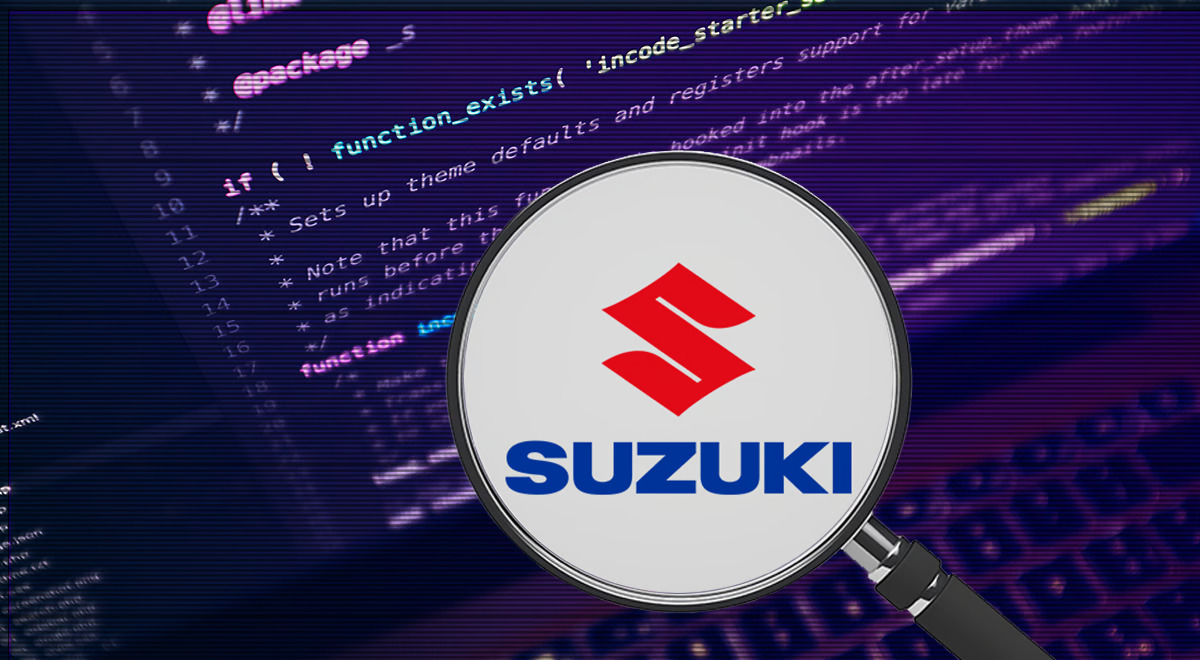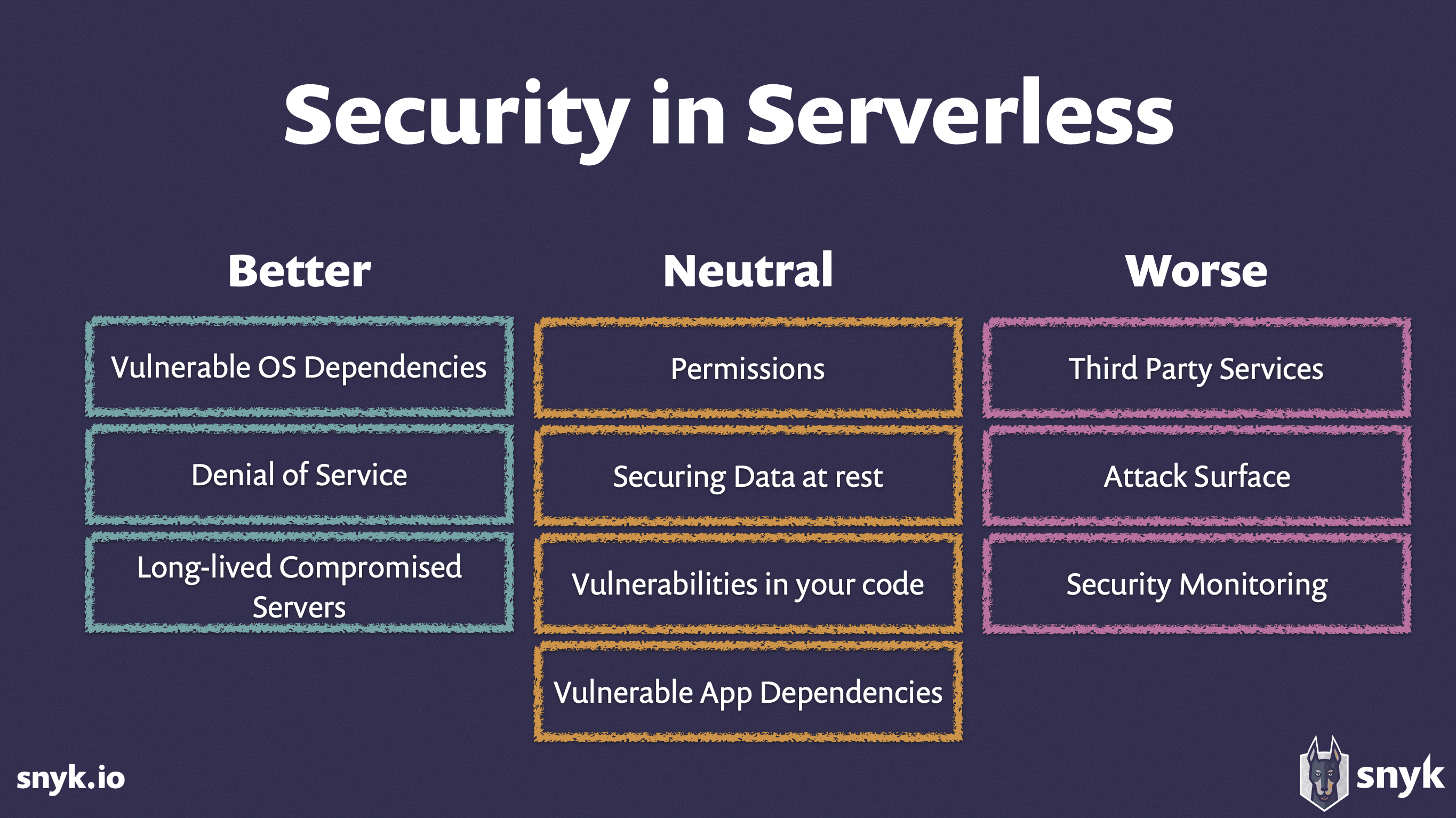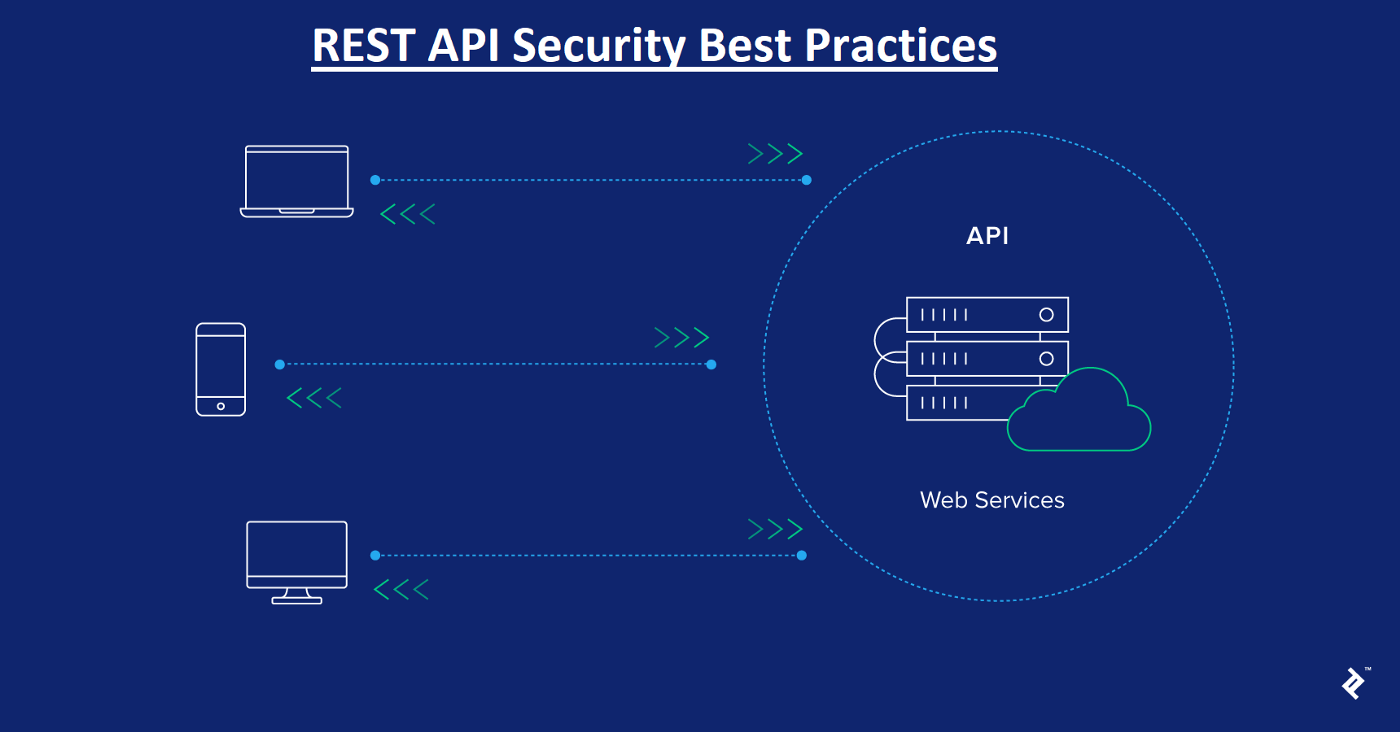
On May 10, 2023, Suzuki Motorcycle India was forced to halt production at its factories due to a cyberattack. The company has not revealed the origin of the attack or when it will resume production.
The breach is estimated to have cost Suzuki Motorcycle India over 20,000 vehicles in lost production. The company has also postponed its annual supplier conference, which was scheduled for next week.
What happened?
The cyberattack on Suzuki Motorcycle India is believed to have been carried out by a group of hackers known as the "DarkSide" group. The group is known for using ransomware to encrypt data and demand a ransom payment in order to decrypt it.
In the case of the Suzuki Motorcycle India attack, the DarkSide group is believed to have gained access to the company's computer systems by exploiting a vulnerability in the company's software. Once they had access to the system, the hackers were able to steal sensitive data, including customer information, financial data, and intellectual property.
What was the impact of the attack?
The impact of the Suzuki Motorcycle India cyberattack has been significant. The company has been forced to halt production at its factories, which has resulted in the loss of over 20,000 vehicles. The company has also postponed its annual supplier conference, which has disrupted the company's supply chain.
In addition to the financial impact, the Suzuki Motorcycle India cyberattack has also damaged the company's reputation. The attack has raised concerns about the company's security practices and has led to some customers questioning the safety of their data.
How can businesses protect themselves from cyberattacks?
There are a number of steps that businesses can take to protect themselves from cyberattacks, including:
Implementing strong security measures: This includes using strong passwords, enabling multi-factor authentication, and installing security software.
Training employees on cybersecurity: Employees should be trained on how to identify and avoid phishing emails, how to create strong passwords, and how to report suspicious activity.
Backing up data: Businesses should regularly back up their data in case it is lost or stolen.
Being prepared for a cyberattack: Businesses should have a plan in place in case they are attacked. This plan should include steps for responding to the attack, such as notifying customers and law enforcement.
By taking these steps, businesses can reduce the risk of being attacked and the impact of an attack if it does occur.
Conclusion
Cyberattacks are a growing threat to businesses of all sizes. By taking steps to protect themselves, businesses can reduce the risk of being attacked and the impact of an attack if it does occur.




